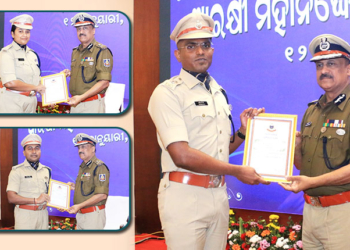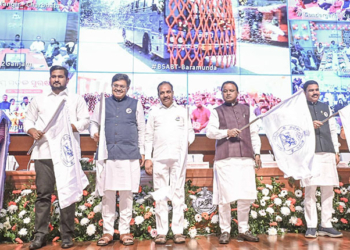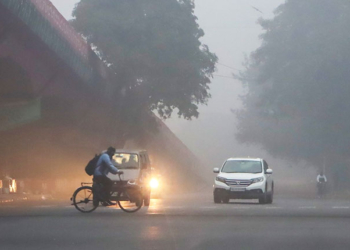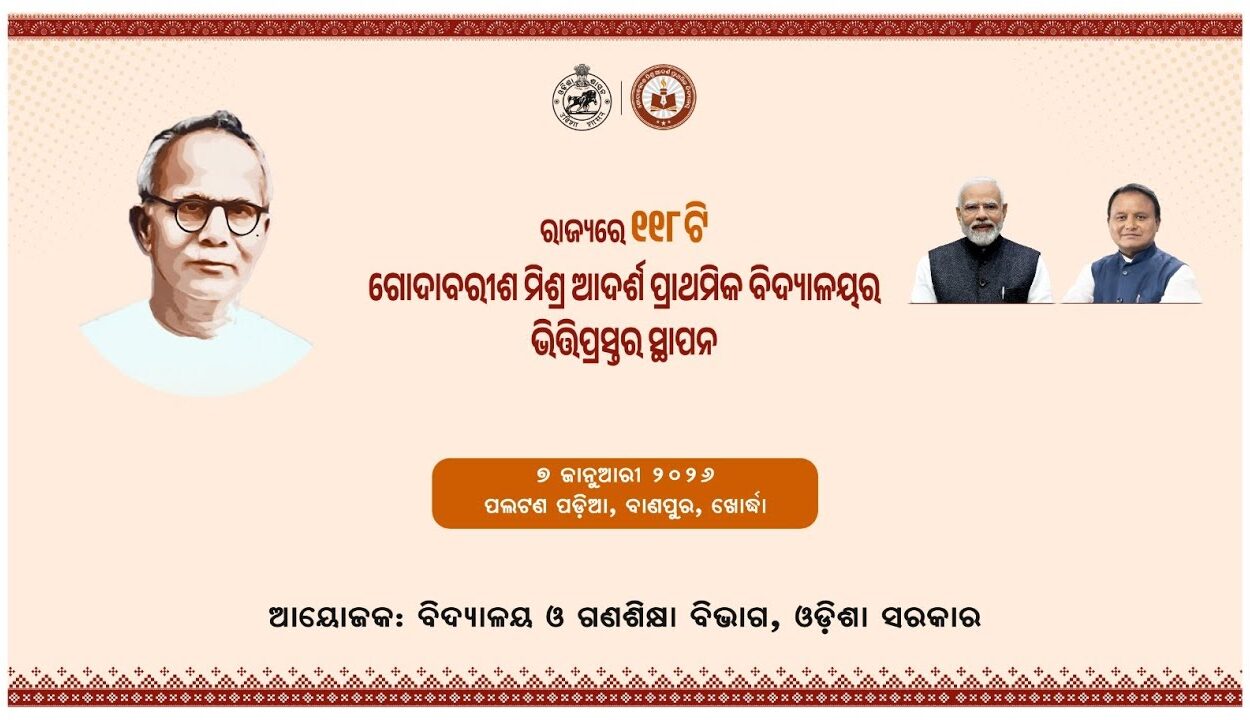Bhubaneswar: In a bid to fast-track the implementation of Mega Piped Water Supply (PWS) Projects across Odisha, a high-level inter-departmental meeting was convened at Lok Seva Bhawan on Friday under the chairpersonship of Anu Garg, Development Commissioner-cum-Additional Chief Secretary.
According to an official press release, senior officials including Secretaries, Engineer-in-Chiefs, and technical heads from key departments—Panchayati Raj & Drinking Water, Rural Development, Works, Forest, Energy, Environment & Climate Change, along with representatives from the National Highways Authority of India (NHAI)—participated in the deliberations.
The meeting reviewed the status of ongoing projects and stressed the need for urgent resolution of pending inter-agency issues within the next one month. To facilitate this, it was decided that weekly or fortnightly joint reviews would be held, supported by a dedicated WhatsApp group of nodal officers to enable real-time communication and coordination.
Highlighting the need for modernisation, the Development Commissioner announced that a robust digital platform is under development for real-time monitoring of PWS schemes. Initially integrating SCADA systems in large projects, the platform will gradually expand to include Internet of Things (IoT)-based monitoring for smaller schemes.
To ensure strong oversight at the grassroots level, the government will establish Project Management Units (PMUs) in each district. Additionally, Self-Help Group (SHG) members will be trained in water quality testing using Field Testing Kits (FTKs), safe sampling procedures, and real-time reporting via the Jal Jeevan Mission app.
Shifting focus from an infrastructure-driven to a service delivery-oriented model, the committee called for institutional restructuring. The department will study national best practices and develop a proposal to realign its organizational structure for more efficient and sustainable rural water supply governance.
To tackle repeated damages to pipelines from unrelated civil works, the committee endorsed a proposal for a Government Resolution mandating prior intimation of excavation work through platforms such as CBUD (Coordination Between Urban Departments). The use of GIS-based pipeline mapping was also recommended to enhance asset protection and accountability.
The meeting concluded with a collective call for sustained, coordinated, and technology-driven efforts to ensure universal, safe, and reliable drinking water to every rural household in Odisha.


















